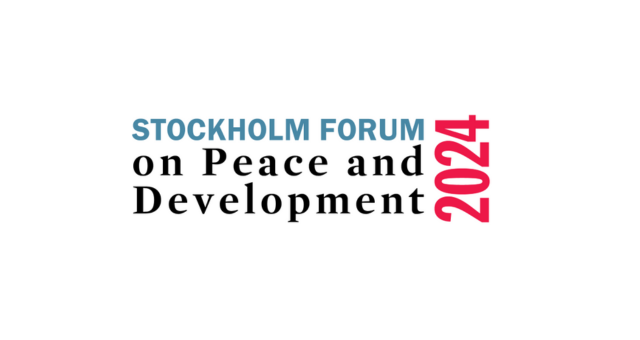The launch of E-Introduction to Electoral System and Democracy of Bhutan (E-IESDB)

The Election Commission of Bhutan (ECB) in collaboration with Sherubtse College under the Royal University of Bhutan (RUB) has developed a new tool with assistance from International IDEA, primarily focusing on developing capacity for delivery of civic and electoral education and trainings in Bhutan. The E-Introduction to Electoral System and Democracy of Bhutan (E-IESDB), was developed under a Norwegian-funded project titled “Bhutan Electoral Training and Resource Centre Support”.
The introduction of democracy in Bhutan has brought about a change in political dynamics. To understand these changes, a comprehensive study of Bhutanese political system is needed. With this in mind, the purpose of E-IESDB is to provide a broad and comprehensive introduction to Bhutanese electoral democracy. The study will help create awareness of the importance of civic and electoral education, and shift electoral behaviour with a focus on the formation of political attitudes and opinions among political party officials, election officers and the electorates in general.
An important aspect of this project was that the E-Learning module was developed from scratch by the staff of ECB with support from the Sherubtse College experts, thus ensuring multiple levels of learning. International IDEA provided initial training in the development of e-learning modules and provided advice throughout the design, development and implementation phases. The staff at ECB now has the technical skills to develop more e-learning modules in the future.
Thinley Lhendup, who led the development the module interface at ECB, shares his experiences “It was difficult as we were racing against time but the end result was worth-while and the outcome rewarding, we feel proud of having been associated with this activity and look forward to similar ventures through support from Norway and IDEA. This is a first step towards creating more web-based innovative E-Learning modules for the ECB”.
This e-learning tool consists of six modules modelled in and around the Bhutan Voter Guide (with its varied components and aspects of Bhutanese electoral democracy and elections) and is mainly targeted at headquarter-based ECB staff and in the district election offices to enhance their understanding and awareness on the Bhutanese electoral democracy and elections. Given Bhutan’s difficult geographical terrain, face-to-face training is costly and therefore cannot be conducted as often as in other countries. E-learning is meant to address this challenge and supplement training activities.
Furthermore, this tool will be extended for imparting general information and knowledge about elections and Bhutanese democracy to secondary participants and/or learners. The target audience is primarily members of the Democracy Clubs in schools and education institutions during summer and winter breaks. It may also serve as content (with modifications and/or simplification) for the “Hole in the Wall” learning project at community information centres. The E-IESDB is considered to be a pioneering initiative for the ECB to develop e-learning tools/modules on specific subject areas or aspects of Bhutanese electoral democracy for delivery of civic and electoral education and training services to all electoral stakeholders in years to come.
The launch took place on 16 January 2015, on the Election Commission of Bhutan’s Annual Foundation Day, and was attended by Hon’ble Chief Election Commissioner, Election Commissioners, Secretary and all the officials from the Head office and the 20 Dzongkhag Election Offices.
See the Chief Election Commissioner, Dasho Kunzang Wangdi’s address and view the E-IESDB module.
Kencho Palzom, lecturer in Sherubtse College, one of the Module developers remarks that, “The project was a very enriching experience for team Sherubtse and would like to thank ECB and IDEA for the opportunity. E-IESDB will test voter’s knowledge on Bhutanese democracy and the electoral system and at the same it will provide vital information for first time voters.


